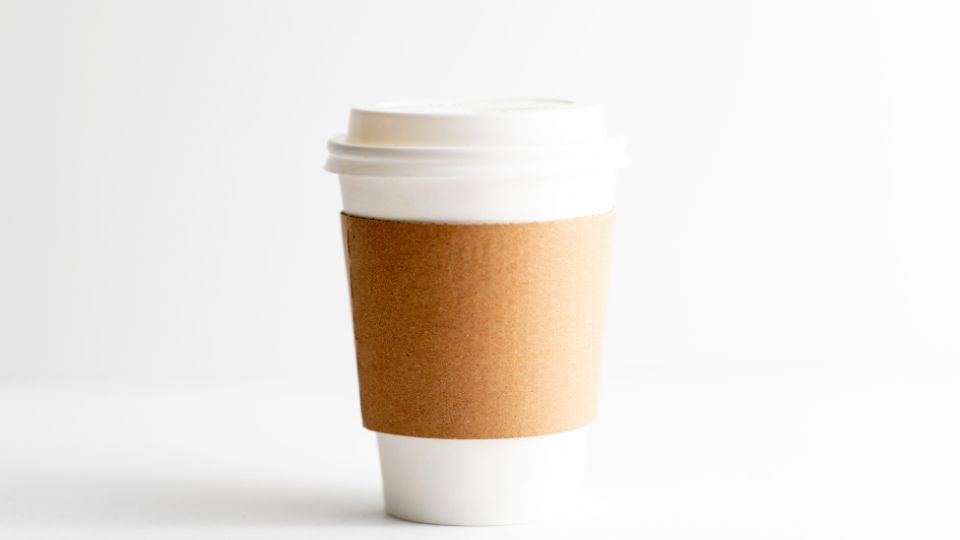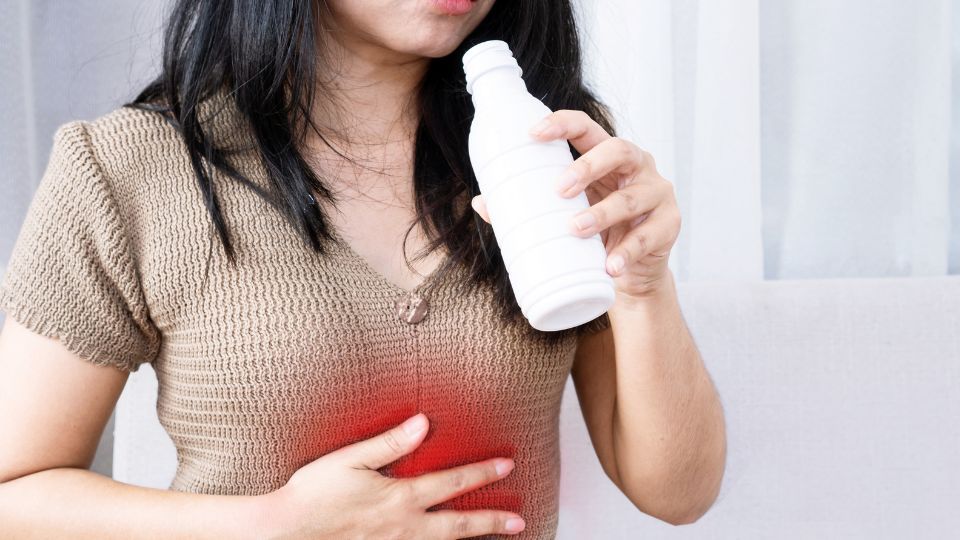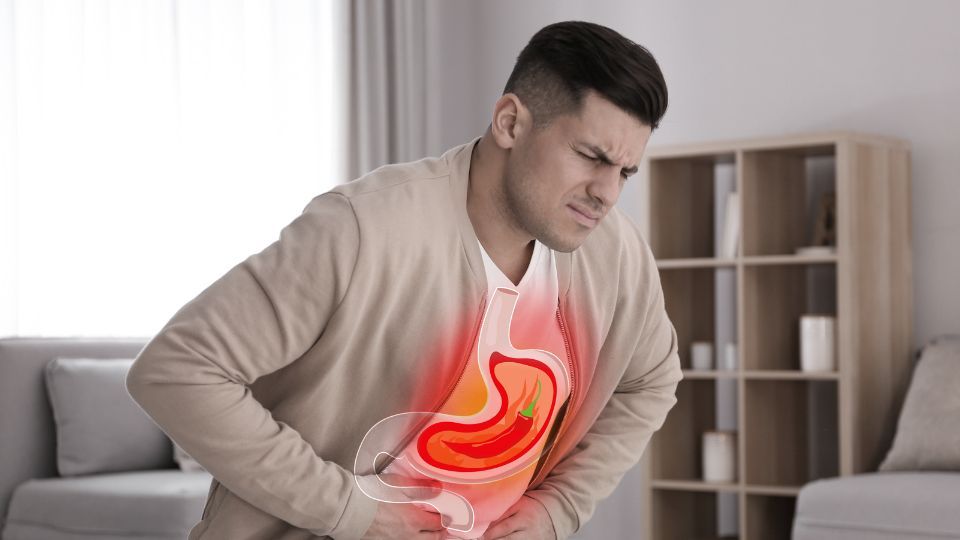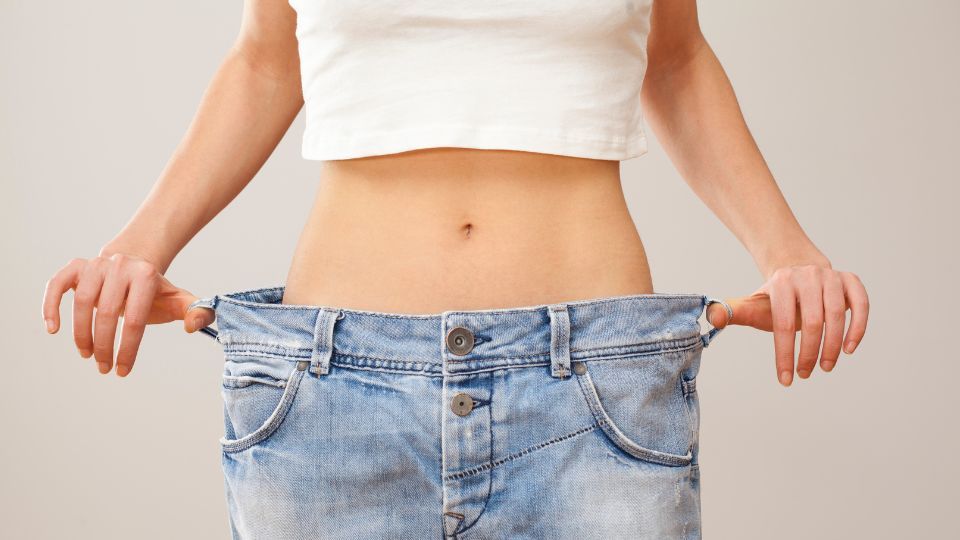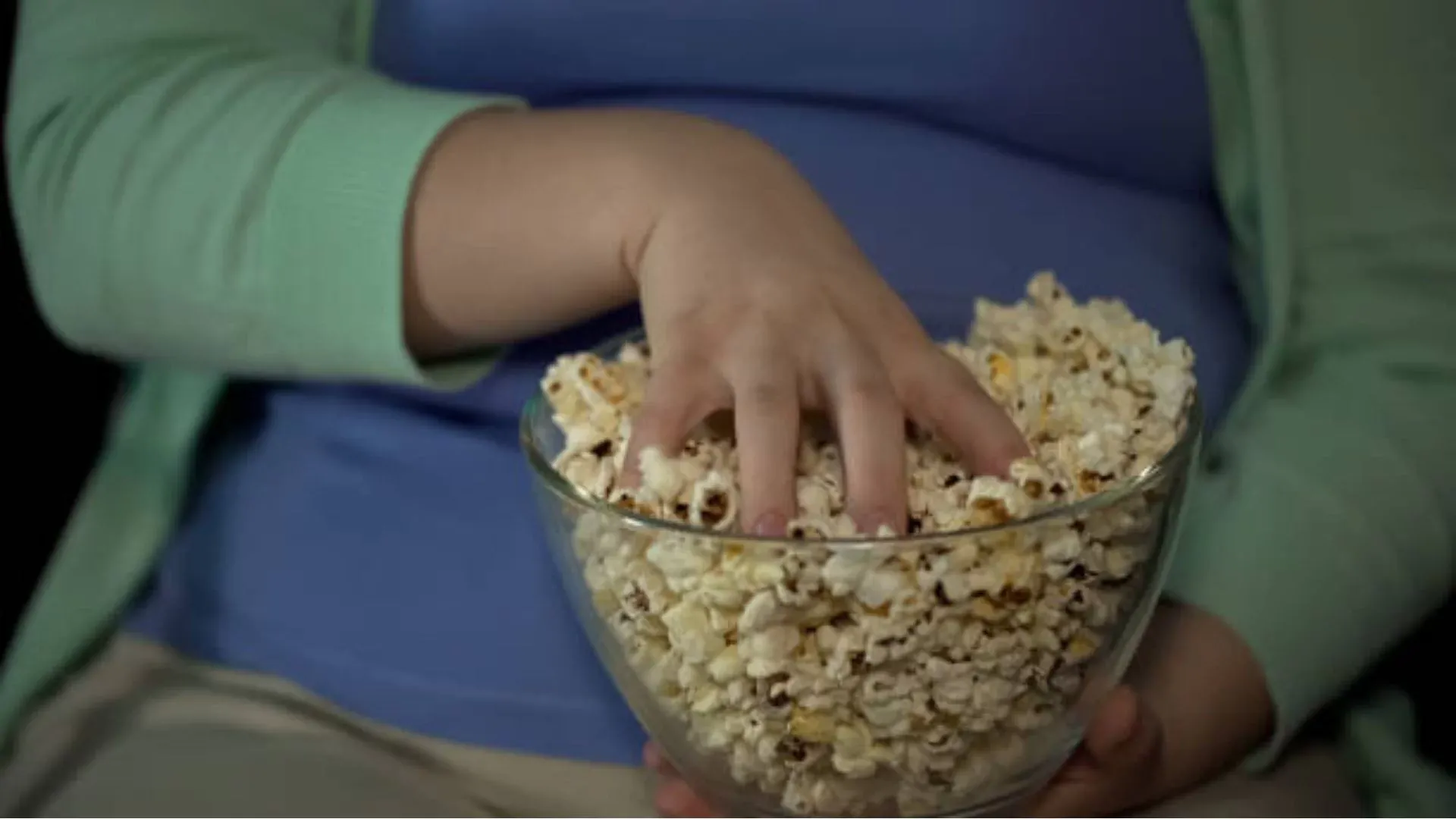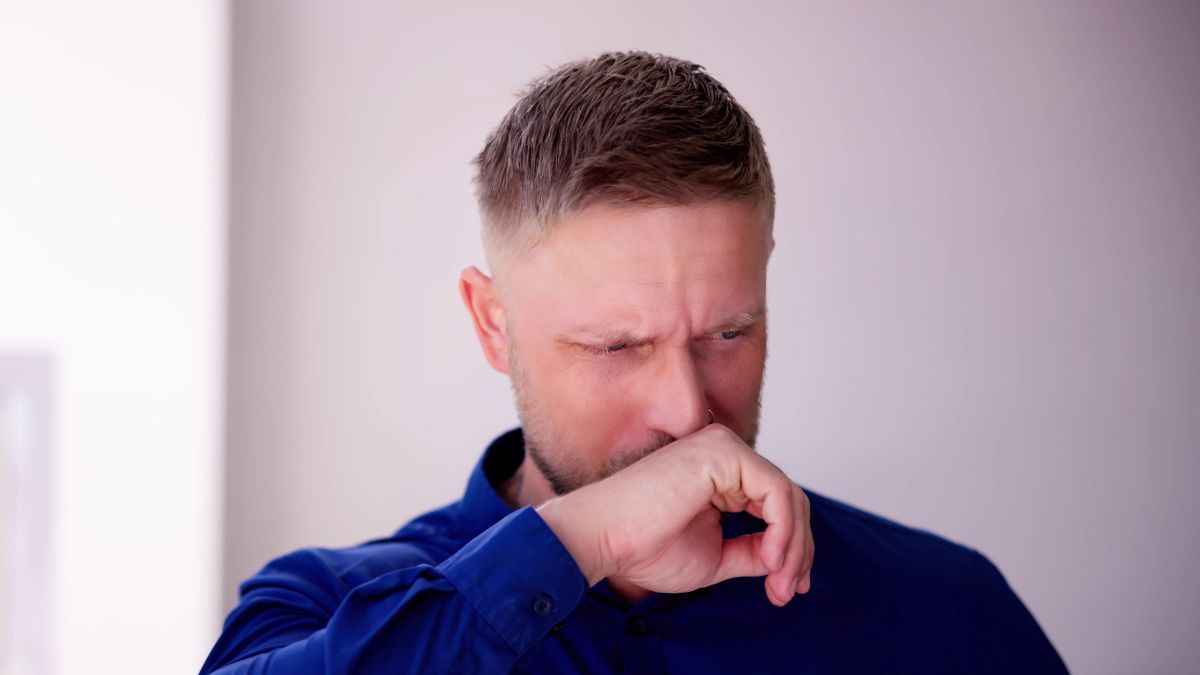Can the Stomach Stretch After a Gastric Sleeve?
You already know how the gastric sleeve works. The goal is to reduce the size of the stomach by as much as 80%, which ensures that your stomach holds less food and you feel full faster. However, there is one concern among patients: Can you stretch out your stomach after a gastric sleeve?
Can Your Stomach Stretch After Sleeve Surgery?
The whole point of a gastric sleeve is to reduce the size of your stomach and, in turn, reduce your food intake. However, if your stomach regains its original size, your food intake will increase, and chances are high that your weight will increase again. This is the last thing that you want to happen after surgery. Unfortunately, it is possible. If you keep overeating, your stomach will gradually start adapting and extending to find more room for the extra food.
What Happens When Your Stomach Stretches?
The stomach is designed to naturally stretch, considering that its walls consist of expanding tissues. It is a normal reaction when food enters the pouch, as it informs the body that it is full. The only problem is that when you overeat, it causes a permanent increase in size. It will interfere with the normal signaling process, so the body won’t know that it is time to stop. As a result, you risk regaining the weight you have been trying so hard to lose.
How to Prevent Stomach Stretching After a Gastric Sleeve
Because the stomach can stretch after a gastric sleeve, it is important to know how to prevent it.
Avoid Overeating
You want to eat small portions of food. Otherwise, you risk overeating and making it a habit, so the stomach gradually starts to expand to accommodate the extra food.
Limit Fluid Intake While Eating
Make sure you only ingest fluids a few hours after eating. This way, you avoid excessively filling your stomach. It is even worse when it is carbonated drinks, which increase pressure in the pouch, leading to pain and reflux.
Eat Small Snacks in Between Meals
If you end up feeling extremely hungry between meals, you can try to eat small snacks. Healthy snacks make you feel full and prevent you from overindulging on your next meal.
Rely on Experienced Gastric Sleeve Surgery Professionals
If you are looking forward to your first bariatric surgery or have just had one, the last thing you want is for your stomach’s size to increase. To help keep your weight in check, let the experts at Lenox Hill Hospital perform your gastric sleeve surgery in NYC.

